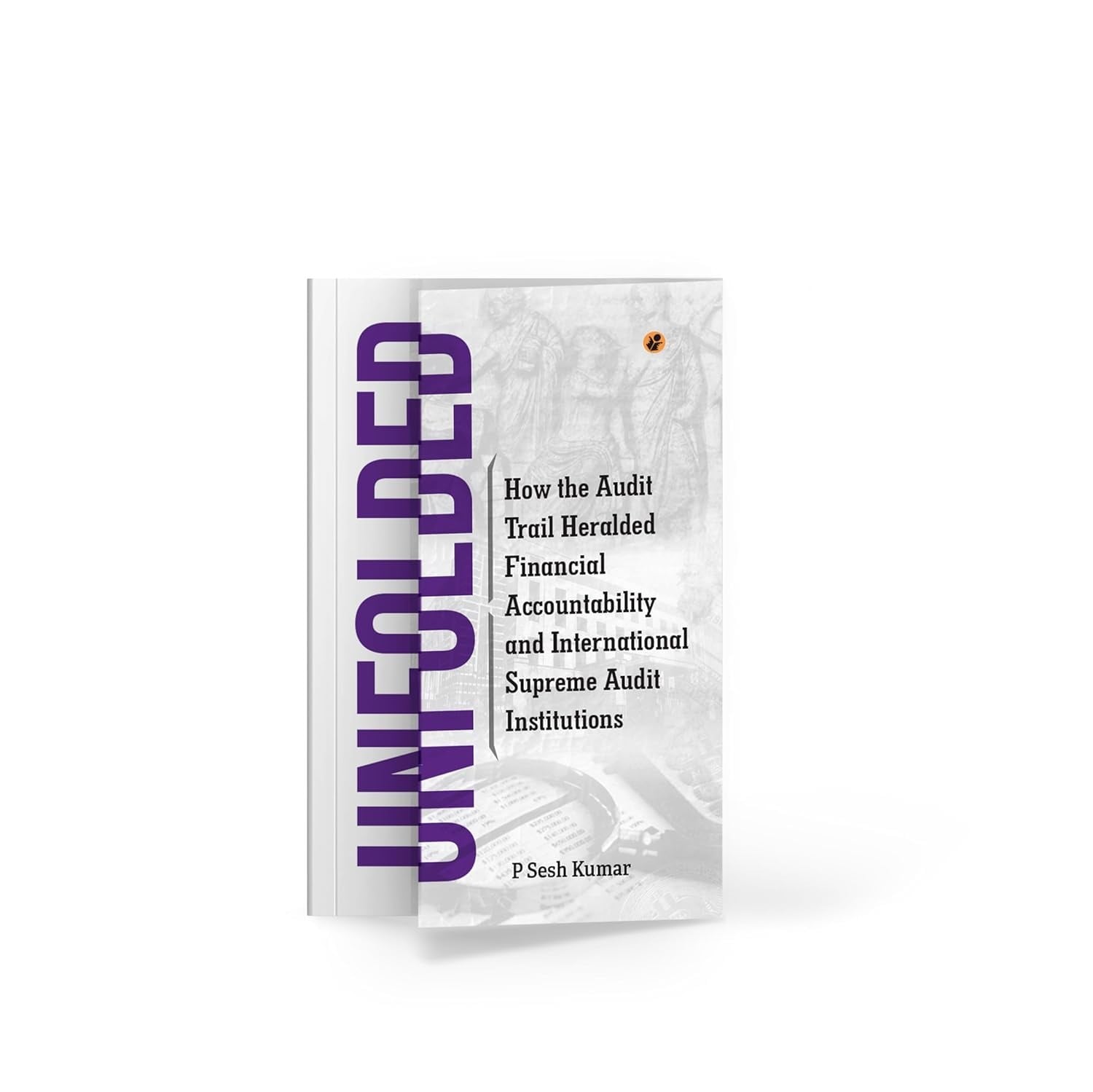ARTICLE AD BOX
Last Updated:October 28, 2025, 07:00 IST
In his book, ‘Unfolded: How audit trail heralded financial accountability & international supreme audit institution’, P Sesh Kumar revisits report on coal block scam

The CAG’s critics called its estimate “speculative”, saying the gains were hypothetical or spread over decades. (File)
Did you know that the Comptroller and Auditor General’s (CAG) – the body that keeps the government in check – was itself a victim of a smear campaign from the powers that be during the late ex-PM Manmohan Singh’s era for unearthing the alleged coal scam?
Did you know that auditors were given a small room next to a “stinking toilet" in the coal ministry to dissuade them?
In his book, ‘Unfolded: How the audit trail heralded financial accountability and international supreme audit institution’, published by JGS Enterprises, P Sesh Kumar, who served as former Director General of Audit, CAG, revisits one of the most contentious moments in India’s public finance history — the CAG report on coal block allocations that even dragged the Prime Minister’s name. Drawing on inside accounts, Kumar describes how the audit team stood firm amid political attacks, media trials and bureaucratic hurdles — all while defending its now-famous estimate of Rs 1.86 lakh crore in “windfall gains" — a term borrowed from official files.
WEATHERING A POLITICAL STORM FROM PMO
The book mentions how the CAG maintained an unusual public silence amid “the fierce backlash from the highest echelons of government, and its far-reaching fallout". It explores the background of coal block allocations and how a secretive Screening Committee parcelled out valuable coalfields, the CAG’s findings and the contentious Rs 1.86 lakh crore (Rs 1.86 trillion) figure that rocked the nation, and recounts the political counterattack from Singh and his ministers who dismissed the CAG’s conclusions as “deeply flawed".
“Behind the scenes, SAI faced stonewalling and missing files as they raced to complete the report, even as leaks led to sensational headlines," Kumar recounts of the UPA days.
Interestingly, Kumar reveals that the term “windfall gain" — at the heart of the debate — was not coined by the auditors. It originated from an internal note written by the then coal secretary, who acknowledged that the allocation process “had the potential of conferring windfall gains" on private companies. “The CAG merely quantified what the government’s own files recognised," Kumar writes.

THE CORRECTNESS OF RS 1.86 LAKH CRORE
The report’s headline figure — Rs 1.86 lakh crore — was not a random estimate but a result of detailed calculations. The audit covered 57 of the 75 private coal block allocations, estimating extractable reserves, applying Coal India Ltd.’s price-cost data, and adjusting conservatively for expenses.
“The CAG disclosed its assumptions upfront," Kumar notes. “Anyone questioning the figure could test those assumptions."
Even the auditors admitted the number was “illustrative" — representing not a direct loss but a foregone opportunity for the exchequer. To overlook it, they argued, would be to ignore the magnitude of what government policy had enabled.
THE ‘STINKING ROOM’
While the numbers were precise, the process of getting them was anything but smooth. Kumar recounts how audit teams faced missing records, uncooperative officials, and even poor working conditions. In Delhi’s Coal Ministry, the auditors were given a small room next to a “stinking toilet". As one insider joked, it might have been “to stink out their resolve."
Undeterred, the team worked through festivals like Durga Puja to trace key documents. Yet the minutes of the Screening Committee — central to the allocation process — remained out of reach. After months of effort, auditors obtained only two sets of minutes out of hundreds. Even those, Kumar writes, revealed “arbitrary decision-making that spoke for itself".
THE BOMBSHELL FILE
A major breakthrough came when the audit team discovered a ‘policy file’ in the Coal Ministry. It contained internal notes from 2004 onward, including those by the coal secretary, the Law Ministry, and even the then prime minister, who briefly held the coal portfolio.
The file showed that as early as 2006, the Law Ministry had cleared competitive bidding for coal blocks — but the ministry delayed implementation for years. The discovery, Kumar writes, “demolished the government’s argument that auctions were not legally possible earlier."
DEFENDING THE NUMBERS
The CAG’s critics called its estimate “speculative", saying the gains were hypothetical or spread over decades. But the auditors argued that the reserves had immediate economic value.
“The reserves in the ground had value — that’s why companies fought to get them," one auditor told Kumar. “To pretend otherwise was to deny basic economics."
They also pointed out that discounting to net present value would not change the central finding — that the government had surrendered vast potential revenue.
A REPORT THAT REDEFINED PUBLIC AUDIT
Beyond the numbers, the book presents the coal block audit as a story of institutional integrity under pressure. Despite personal attacks and political distortions, the CAG stood firm, insisting that transparency in natural resource allocation was a constitutional duty.
As Kumar concludes, “The real victory was not in a number printed on a report, but in reaffirming that accountability in public finance is not an act of politics — it is an act of democracy."

Anindya Banerjee, Associate Editor brings over fifteen years of journalistic courage to the forefront. With a keen focus on politics and policy, Anindya has garnered a wealth of experience, with deep throat in ...Read More
Anindya Banerjee, Associate Editor brings over fifteen years of journalistic courage to the forefront. With a keen focus on politics and policy, Anindya has garnered a wealth of experience, with deep throat in ...
Read More
First Published:
October 28, 2025, 07:00 IST
News india Manmohan Singh’s Pushback To ‘Stinking Room’: Book Reveals How CAG Unearthed The Coal Scam
Disclaimer: Comments reflect users’ views, not News18’s. Please keep discussions respectful and constructive. Abusive, defamatory, or illegal comments will be removed. News18 may disable any comment at its discretion. By posting, you agree to our Terms of Use and Privacy Policy.
Read More

 1 day ago
7
1 day ago
7








 English (US) ·
English (US) ·